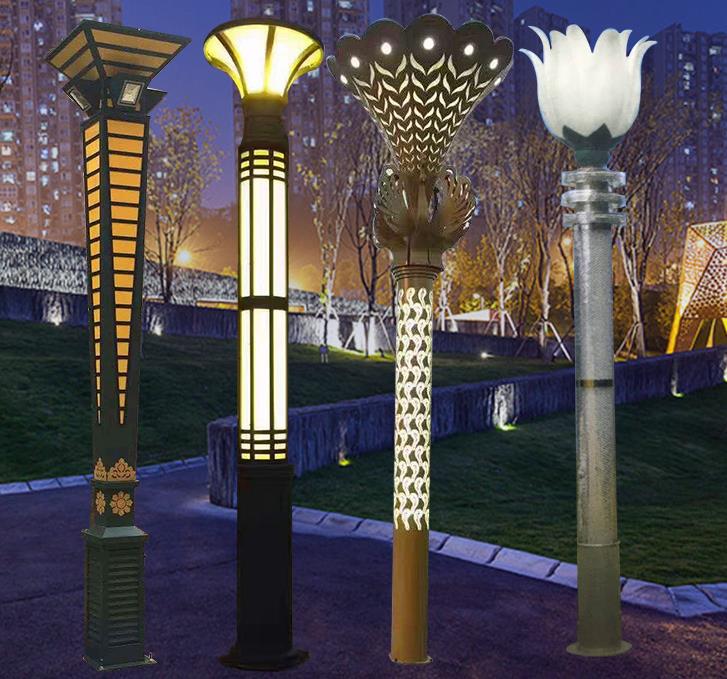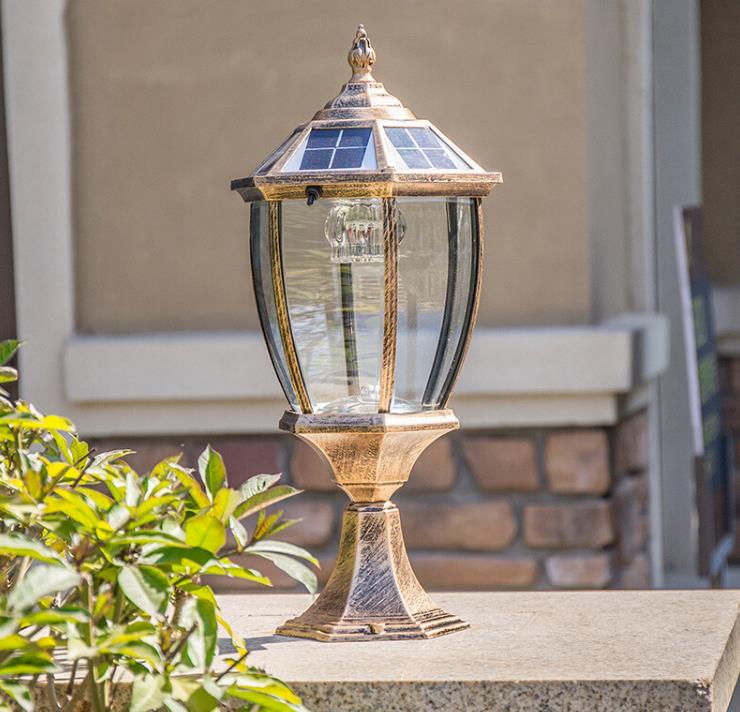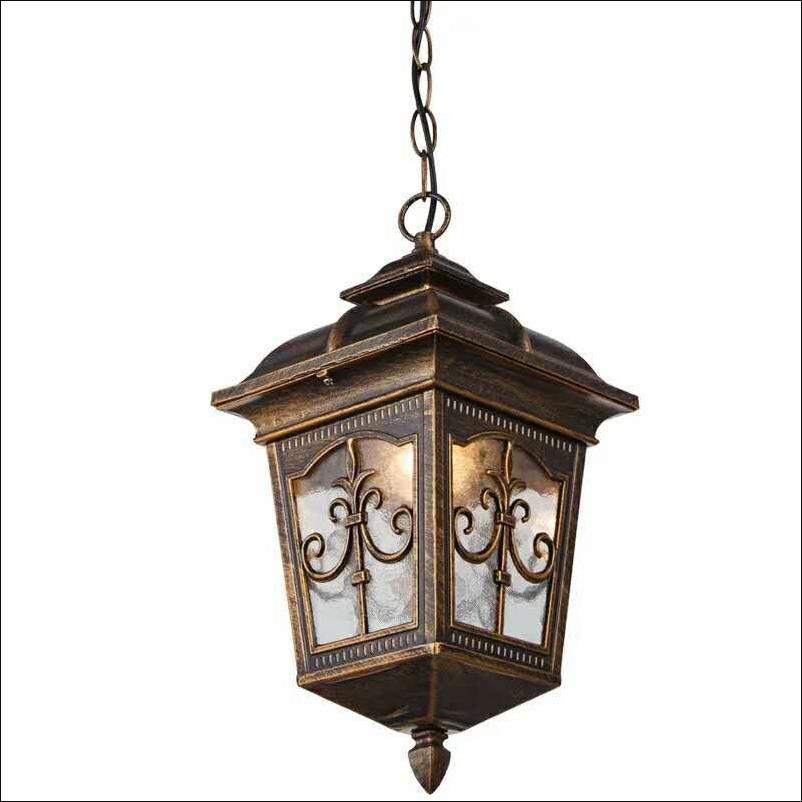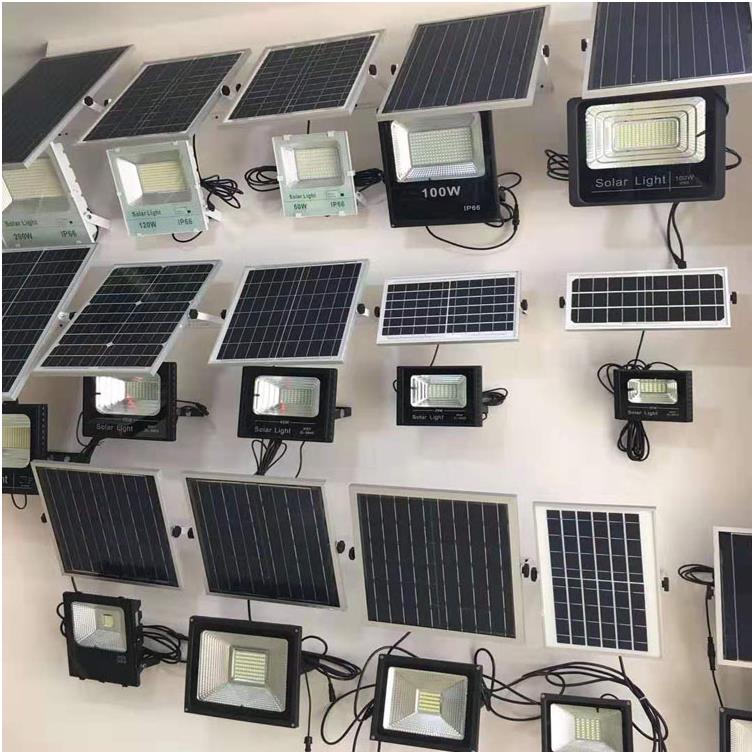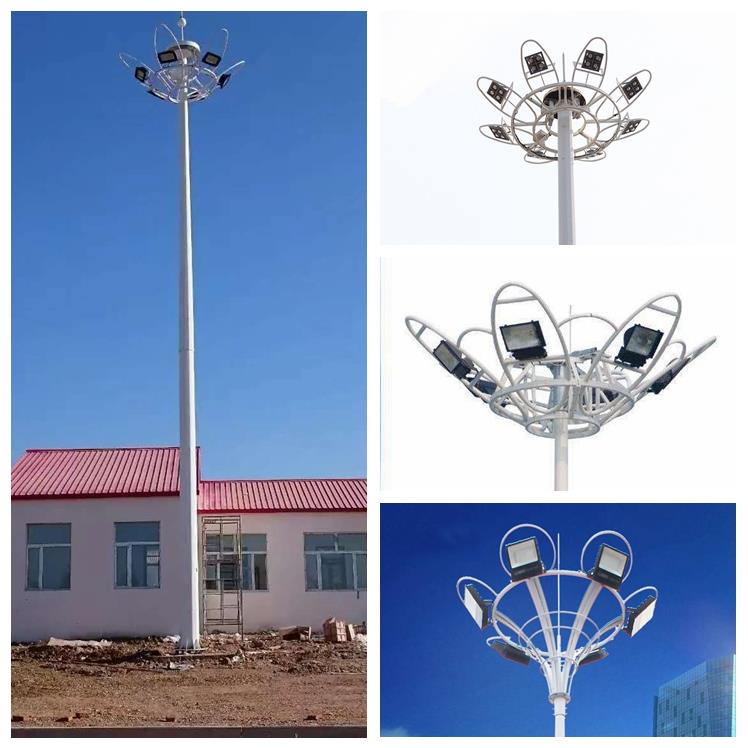Position: Halaman Rumah
/
Berita
Berita
Navigation
-
HOME
-
ABOUT US
-
CONTACT US
-
NEWS
-
VIDEO
-
PRODUCTS
-
Cahaya matahari
-
Cahaya Aluminum Lempar
-
LED Smart Street Light
-
Cahaya Taman Dekorasi
-
Cahaya Dinding
-
Pillar Light
-
Various outdoor lamps
-
Smart street lamp
-
European courtyard lamp
-
European outdoor wall lamp
-
Modern landscape lamp
-
Road lights and poles
-
Solar outdoor lamp
-
Floodlights
-
Lighting engineering project
Berita
What are the methods of cutting corners in the street lamp factory
Data:2021/12/9 Site:indonesia.beenfuture.com Number:1393
Street lamp factories cut corners on work and materials, leaving many negative effects on consumers. It's not easy to find the lamps you are satisfied with. It's even harder to avoid the price trap. In fact, there are many good products in the lamp market, but due to serious product homogenization, large quality difference, large price moisture, poor display effect and other reasons.
Several common methods of cutting corners adopted by defective street lamp manufacturers:
1: Some street lamp manufacturers produce solar street lamps. In order to save costs and reduce the price of solar street lamps, they make hands and feet in solar panels and replace some polysilicon panels with stickers. There is no difference in appearance. However, in the process of use, there will be insufficient power, resulting in problems such as dimming of lights and shorter lighting time, but it is difficult for customers to find them.
2: The cost of hot galvanizing the whole street lamp pole is very high. This process can ensure that the street lamp will not rust for 15 years. However, some poor street lamp manufacturers use cold galvanized poles, and even ordinary iron poles plus manual painting. The quality of street lamp poles produced by this method is extremely poor. Such street lamp poles will rust and corrode in a few years, and even break, resulting in accidents.
3: Some LED street lamps are produced by means of fake electric cores, low-quality lamp beads and reducing the wall thickness of street lamp poles. Such LED street lamps are indeed very cheap, but they not only have poor lighting effect, but also have extremely short service life. They really belong to the type that looks out of use.
It is difficult for non insiders to find the means of cutting corners in these street lamp factories. But as long as there is a quality problem and the light doesn't light up, you can quickly judge whether it is a good light. Avoid this light next time.
Several common methods of cutting corners adopted by defective street lamp manufacturers:
1: Some street lamp manufacturers produce solar street lamps. In order to save costs and reduce the price of solar street lamps, they make hands and feet in solar panels and replace some polysilicon panels with stickers. There is no difference in appearance. However, in the process of use, there will be insufficient power, resulting in problems such as dimming of lights and shorter lighting time, but it is difficult for customers to find them.
2: The cost of hot galvanizing the whole street lamp pole is very high. This process can ensure that the street lamp will not rust for 15 years. However, some poor street lamp manufacturers use cold galvanized poles, and even ordinary iron poles plus manual painting. The quality of street lamp poles produced by this method is extremely poor. Such street lamp poles will rust and corrode in a few years, and even break, resulting in accidents.
3: Some LED street lamps are produced by means of fake electric cores, low-quality lamp beads and reducing the wall thickness of street lamp poles. Such LED street lamps are indeed very cheap, but they not only have poor lighting effect, but also have extremely short service life. They really belong to the type that looks out of use.
It is difficult for non insiders to find the means of cutting corners in these street lamp factories. But as long as there is a quality problem and the light doesn't light up, you can quickly judge whether it is a good light. Avoid this light next time.


